Repetitive strain injury (RSI) is a very serious condition that can result from using the same motion over and over again. Common causes of RSI include too much time spent typing, using the mouse, or engaging in manual labor.
While there are many medications available to treat RSI, there are also some affordable, simple solutions that don’t require medication. Here are five tips for managing RSI without medication.
1. Take frequent breaks
Taking regular breaks is one of the best ways to prevent and manage RSI. The key is to avoid long periods of sustained activity that can cause muscle fatigue and strain. Instead, take short breaks throughout the day to relax your muscles and give your body a chance to recover. And if you’re having trouble remembering to take breaks, set an alarm on your phone to remind you!
2. Stretch it out
Stretching is another great way to relieve RSI symptoms without medication. Aim for stretches that target areas where you experience pain or discomfort due to repetitive activities—your wrists and hands are common targets but don’t forget about other parts of your body like your neck and shoulders too!
Start with gentle stretches and increase intensity as needed. The Six Pack Hand Exercises are a great way to begin.
Be sure to consult with your doctor before beginning any stretching routine if you have existing medical conditions or injuries.
3. Make ergonomic changes
Ergonomics refers to how comfortable a workspace is designed for someone who has certain physical limitations or needs—and they can be incredibly helpful when it comes to managing RSI symptoms!
Investing in an ergonomic chair, keyboard, or mouse will help keep your body at ease while working so you don’t experience discomfort due to poor posture or uncomfortable movements caused by traditional office equipment.
4 - Wear a wrist brace
Wrist braces are designed to support and protect your wrists while you’re performing activities that could lead to RSI. By taking pressure off of your wrists, the braces can reduce or even eliminate pain caused by repetitive movements. It’s important to note that wrist braces should be worn when engaging in any activity that puts strain on your wrists—not just when you’re typing!
In addition to providing support and protection, wearing a wrist brace can also help prevent further injury. Look for wrist braces also come with adjustable straps so that you can customize the fit of the brace for optimal comfort.
If you’re suffering from RSI, it may be worth investing in a quality wrist brace to ensure that you don’t aggravate the condition any further!
5. Try alternative therapies
There are many alternative therapies available that could help reduce RSI symptoms without taking medication such as acupuncture, massage therapy, yoga, and tai chi just to name a few!
Talk with your doctor about what might be best for you based on your current lifestyle and medical history before trying anything new though as some treatments may not be suitable depending on individual circumstances.
Conclusion:
Living with Repetitive Strain Injury (RSI) doesn't mean relying solely on medication; there are plenty of things that you can do on their own at home—or even in their workplace—to manage their symptoms naturally without relying on drugs every single day!
From taking regular breaks throughout the day, investing in ergonomic furniture, trying alternative therapies such as massage therapy or acupuncture, stretching regularly, and wearing wrist braces— those suffering from RSI have lots of options available when it comes to relieving their daily aches and pains without resorting solely to medications prescribed by doctors.
Give these tips a try today; they could make all the difference in helping you find relief from RSI pain!

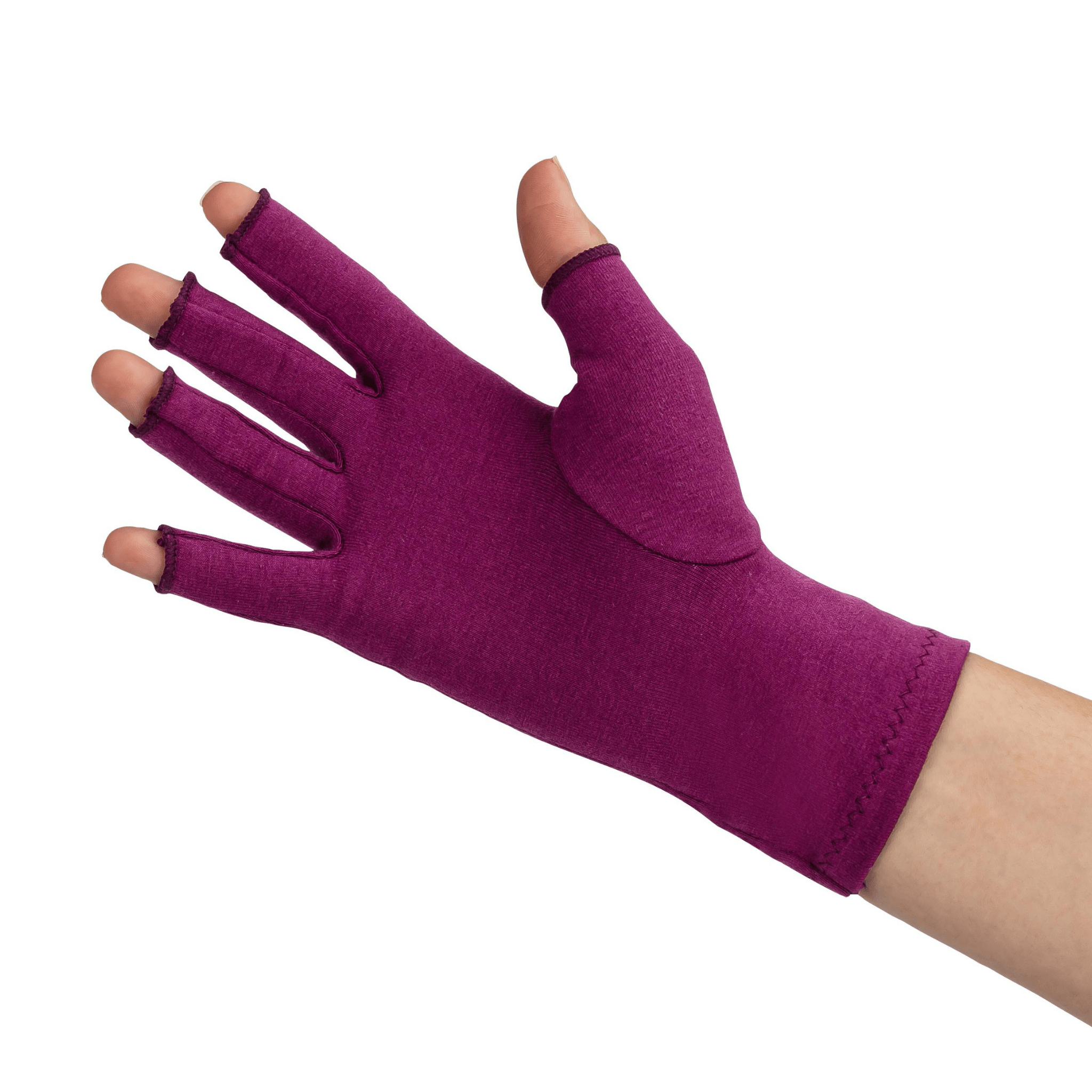




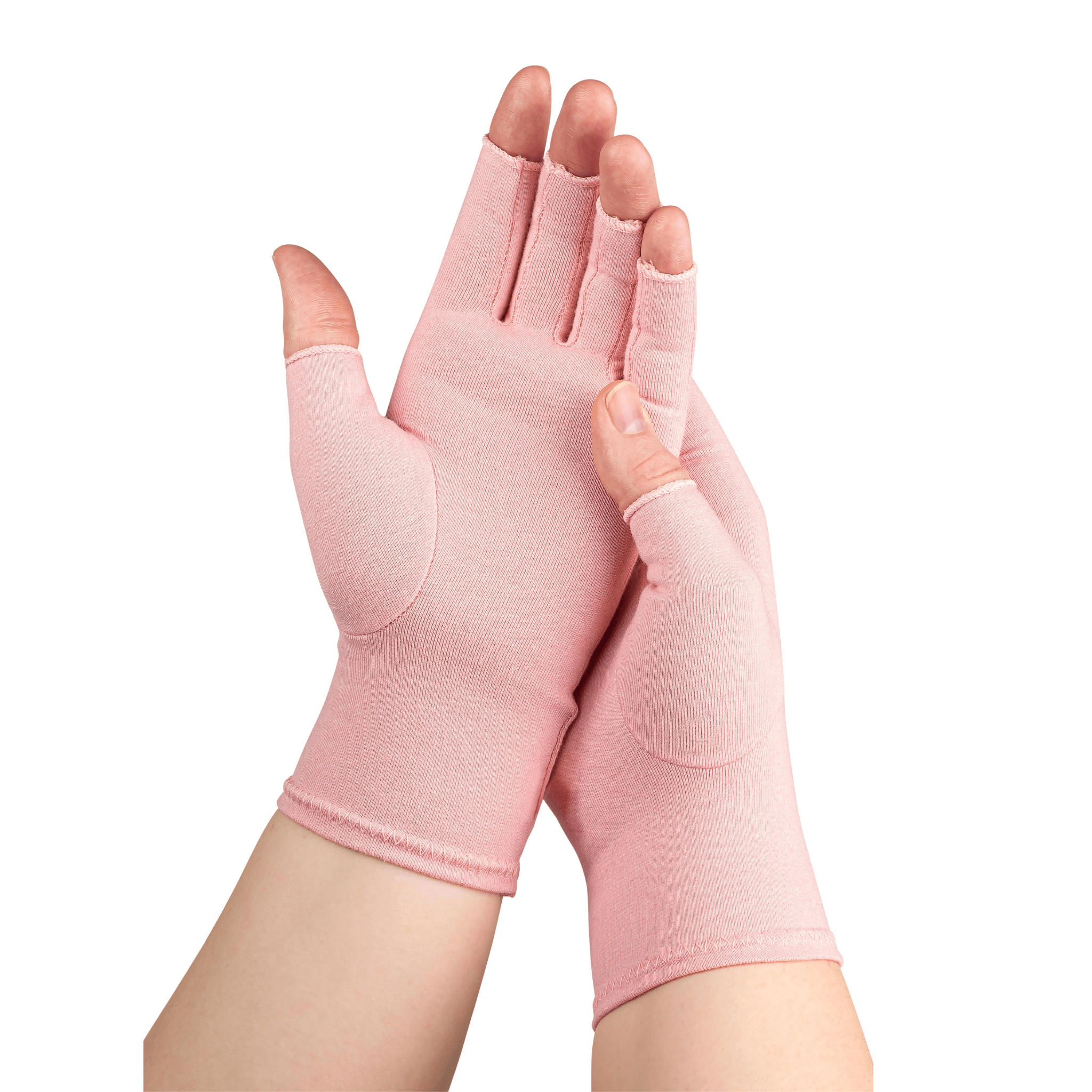
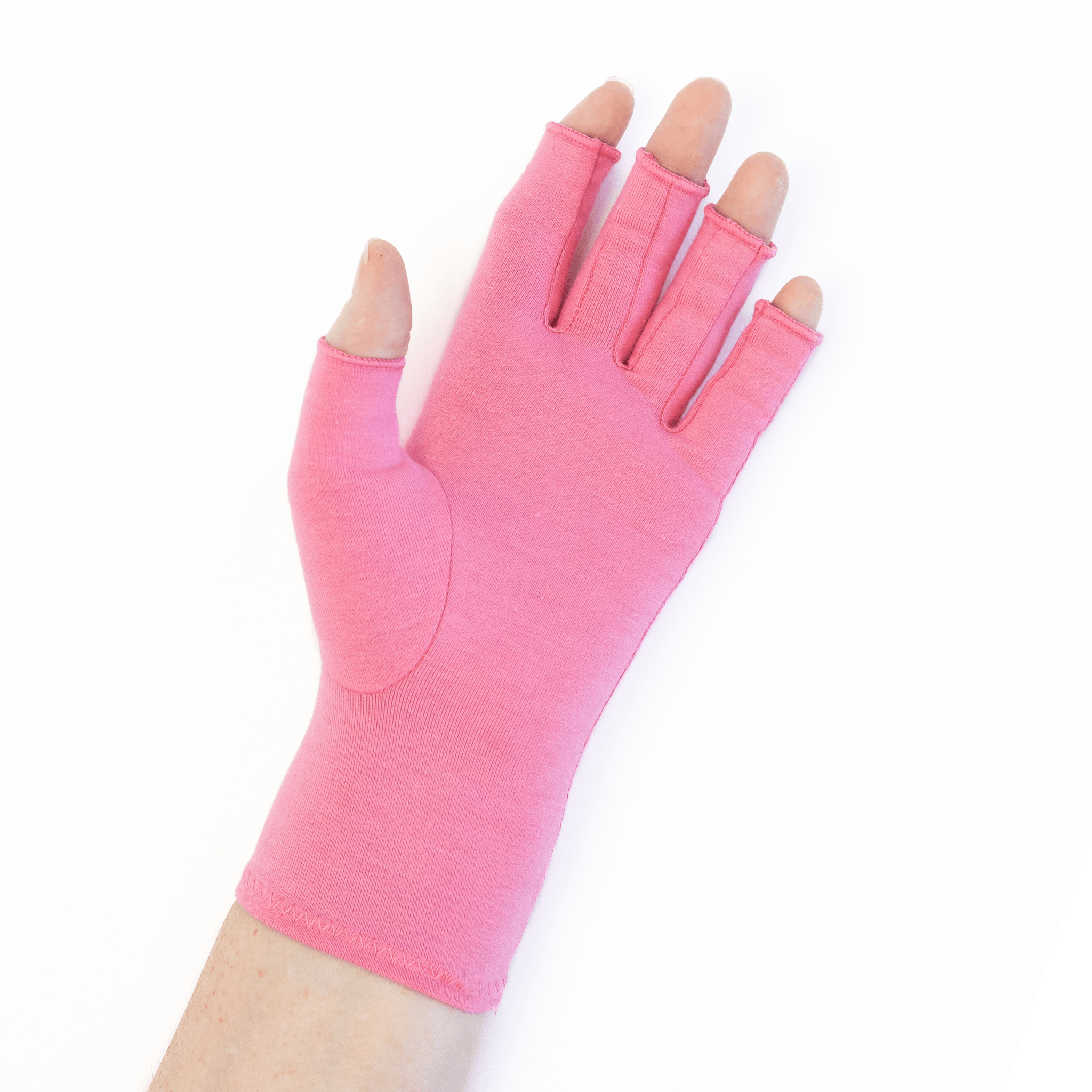



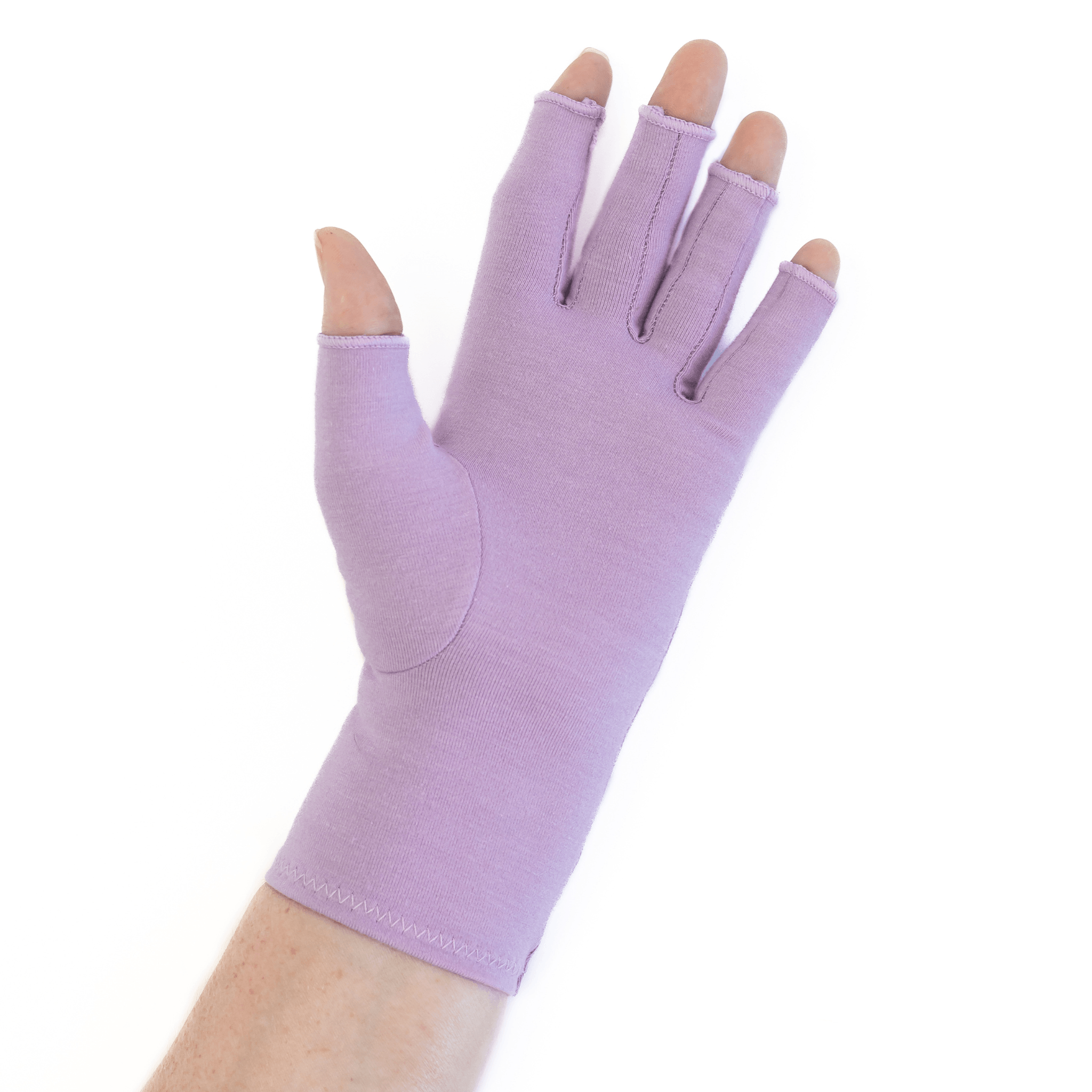
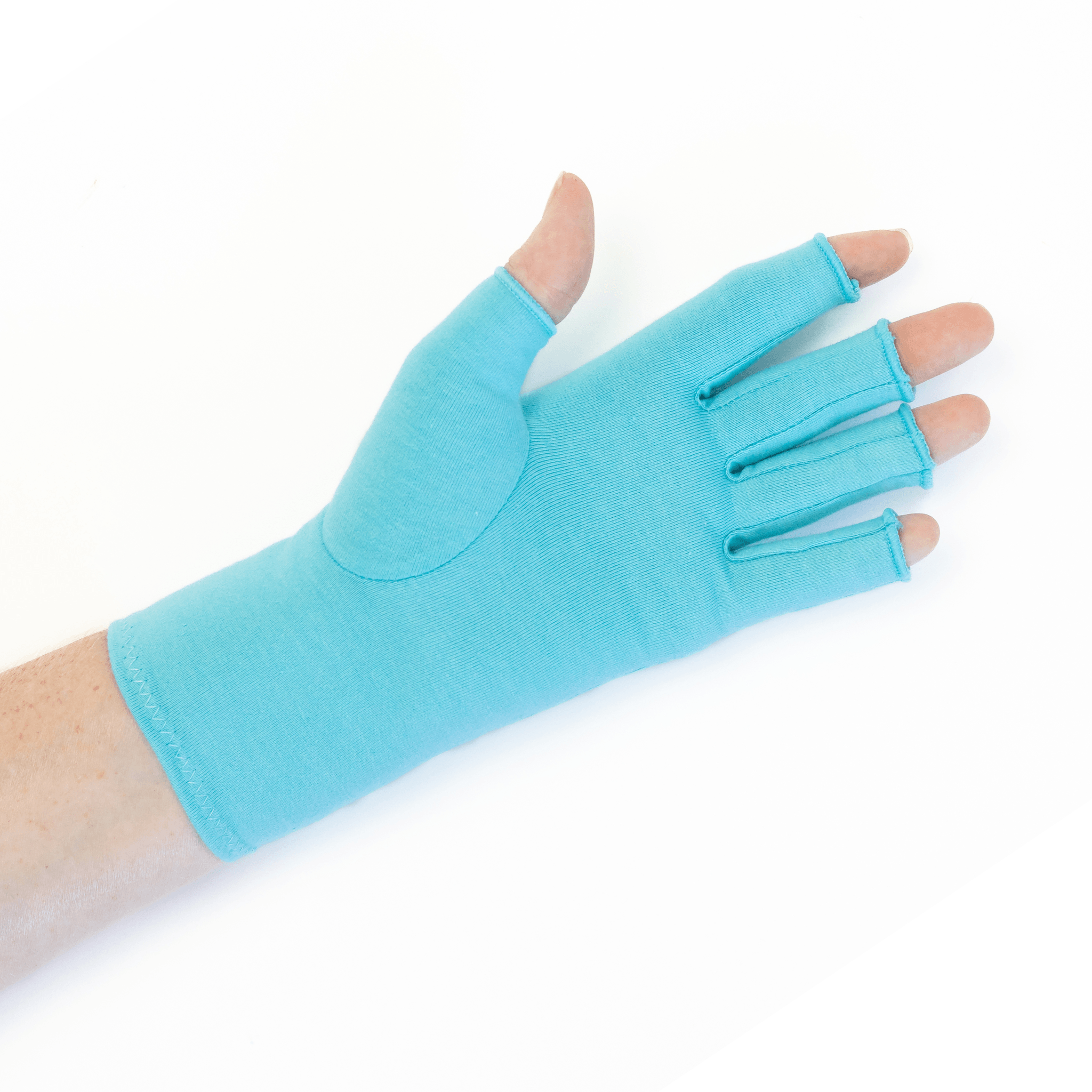
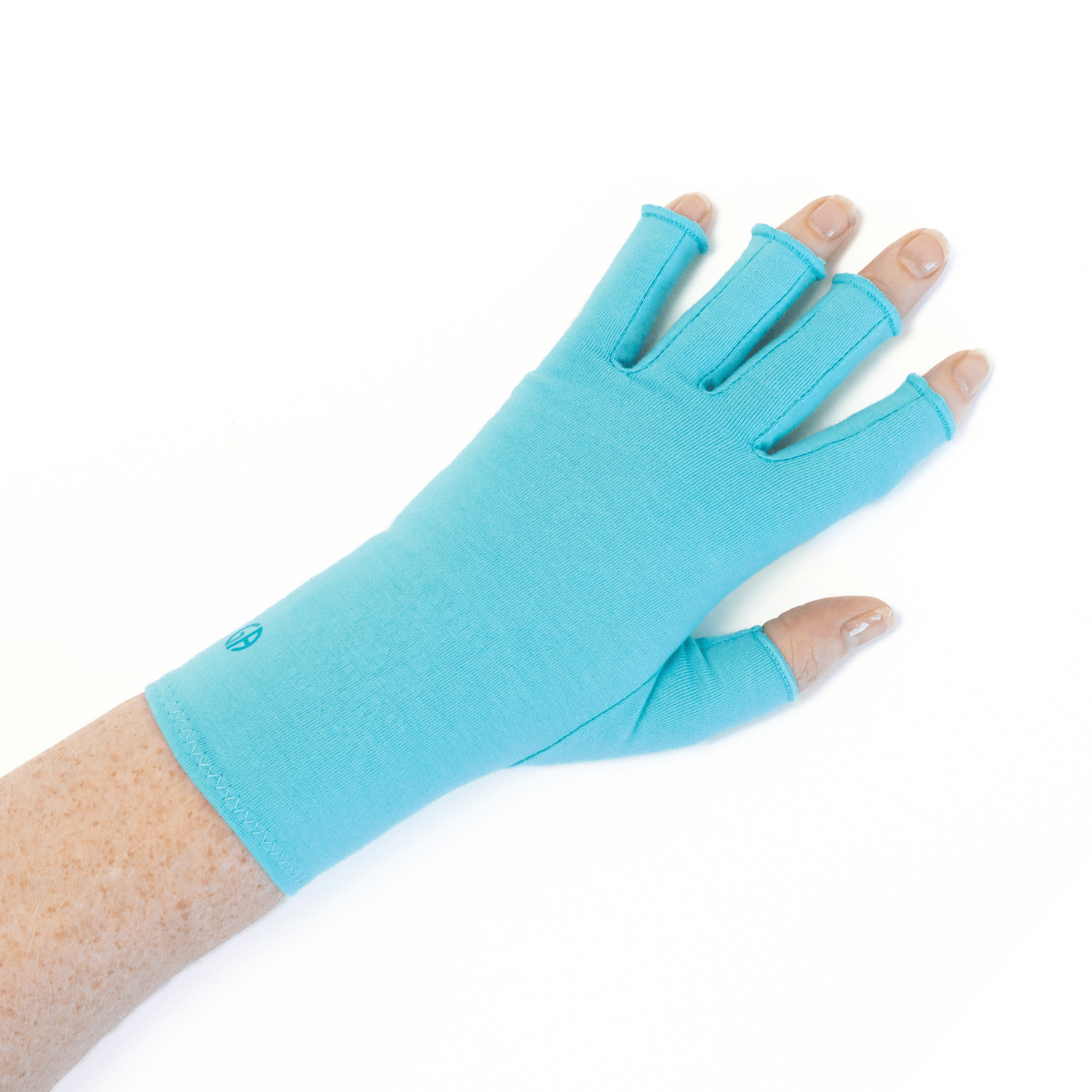

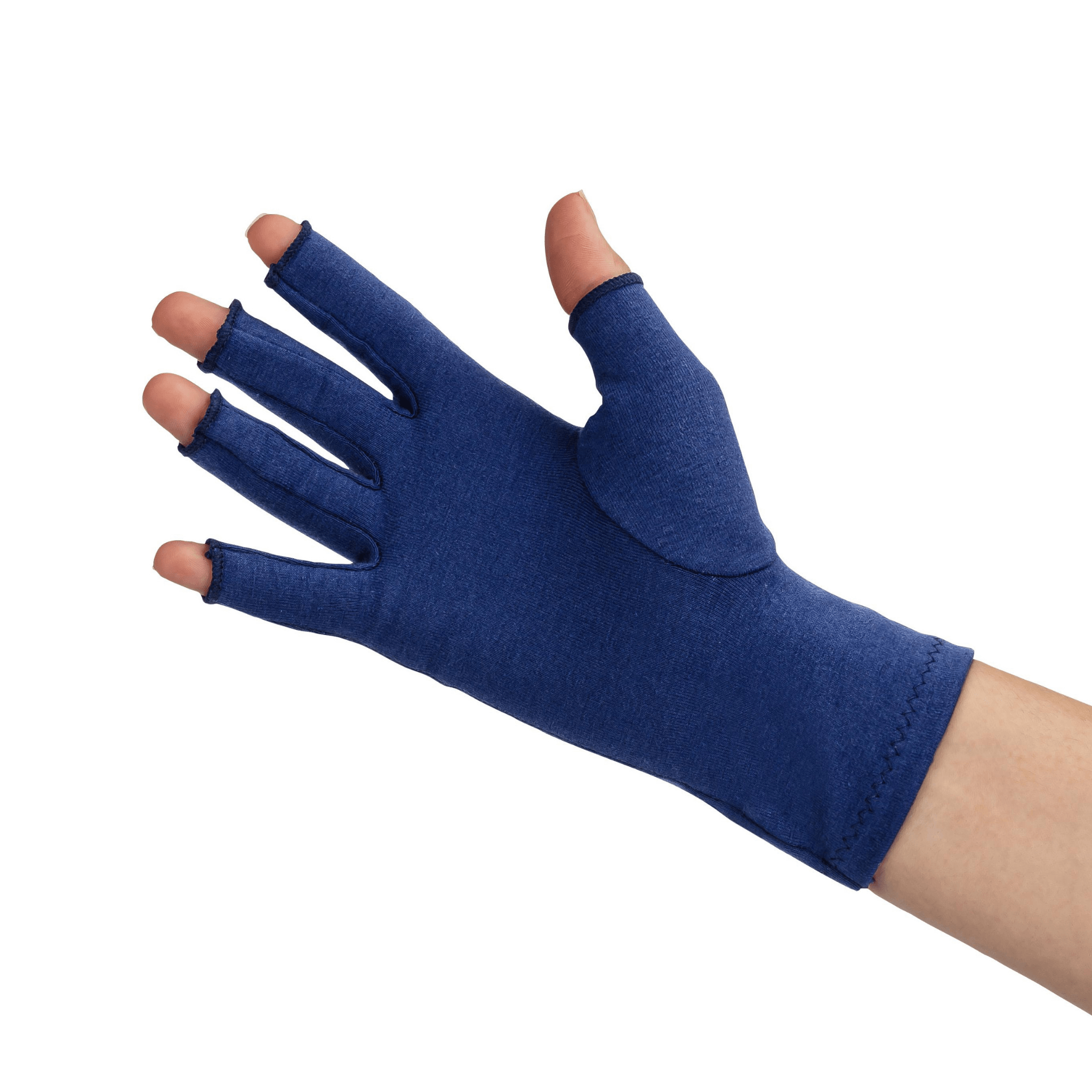
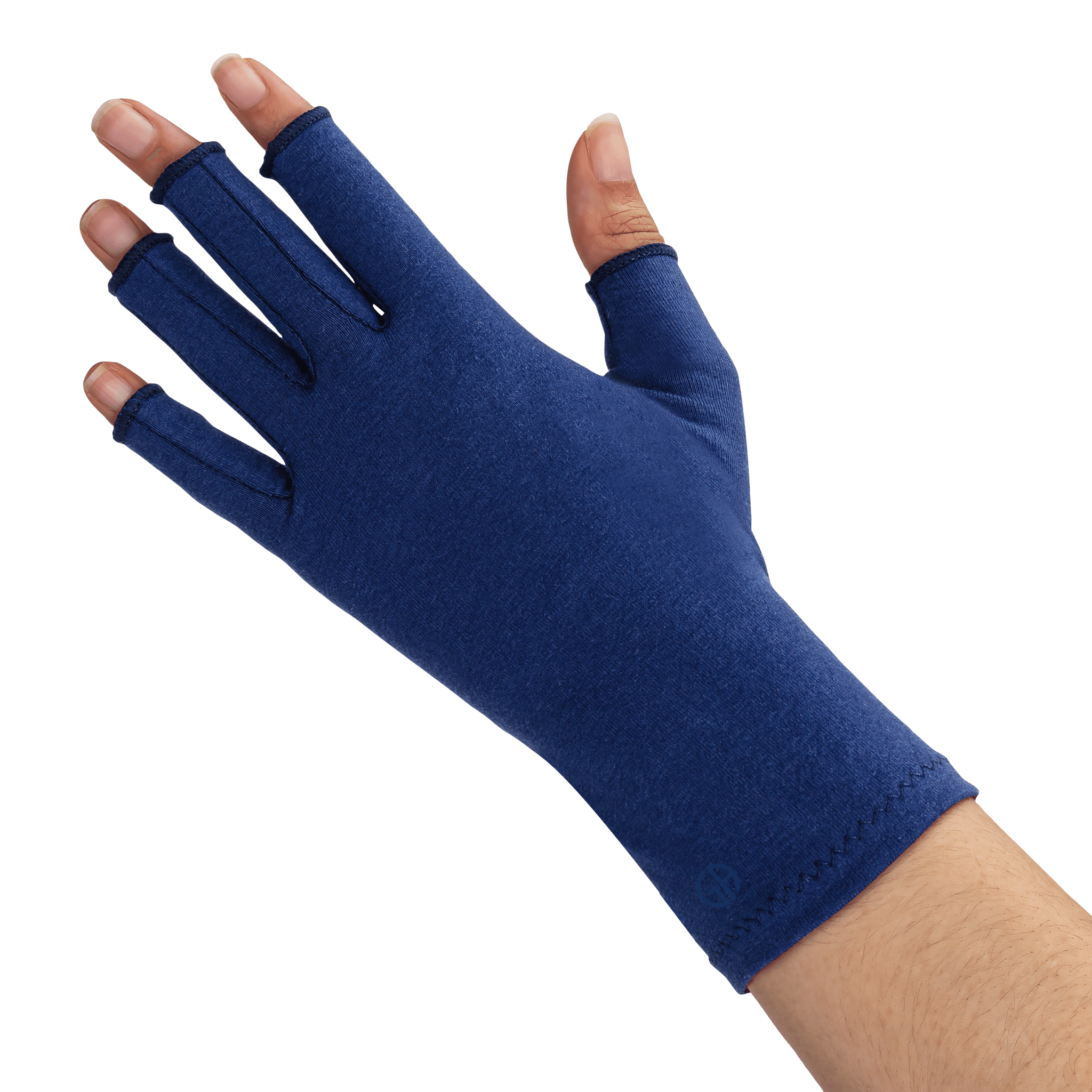



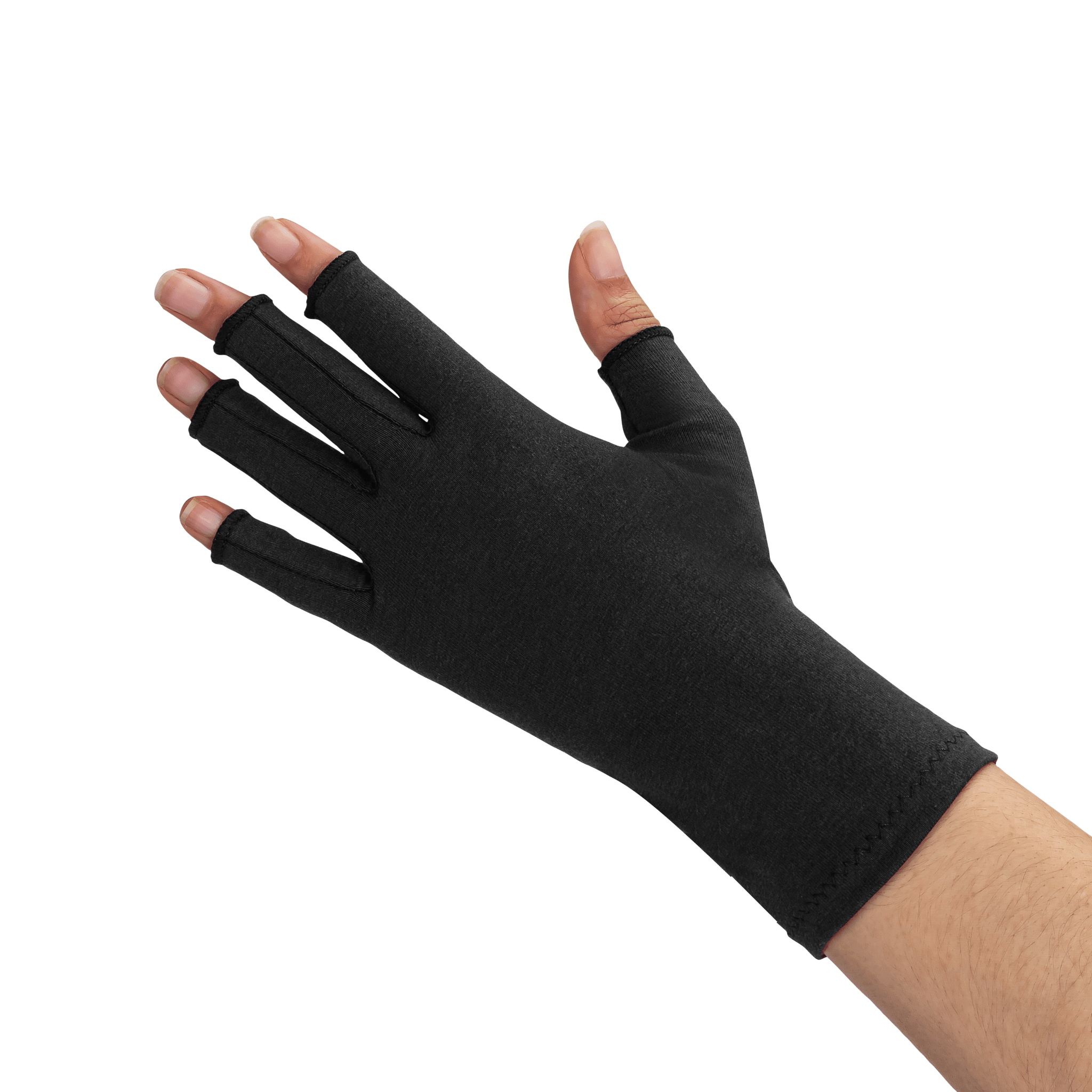

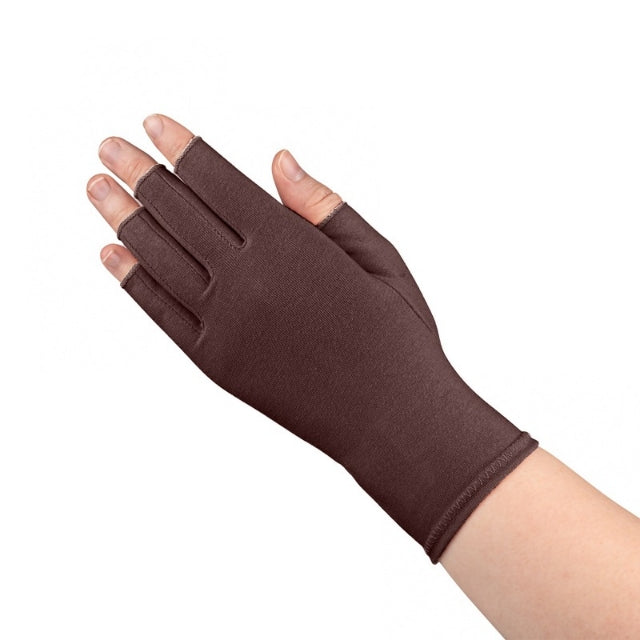






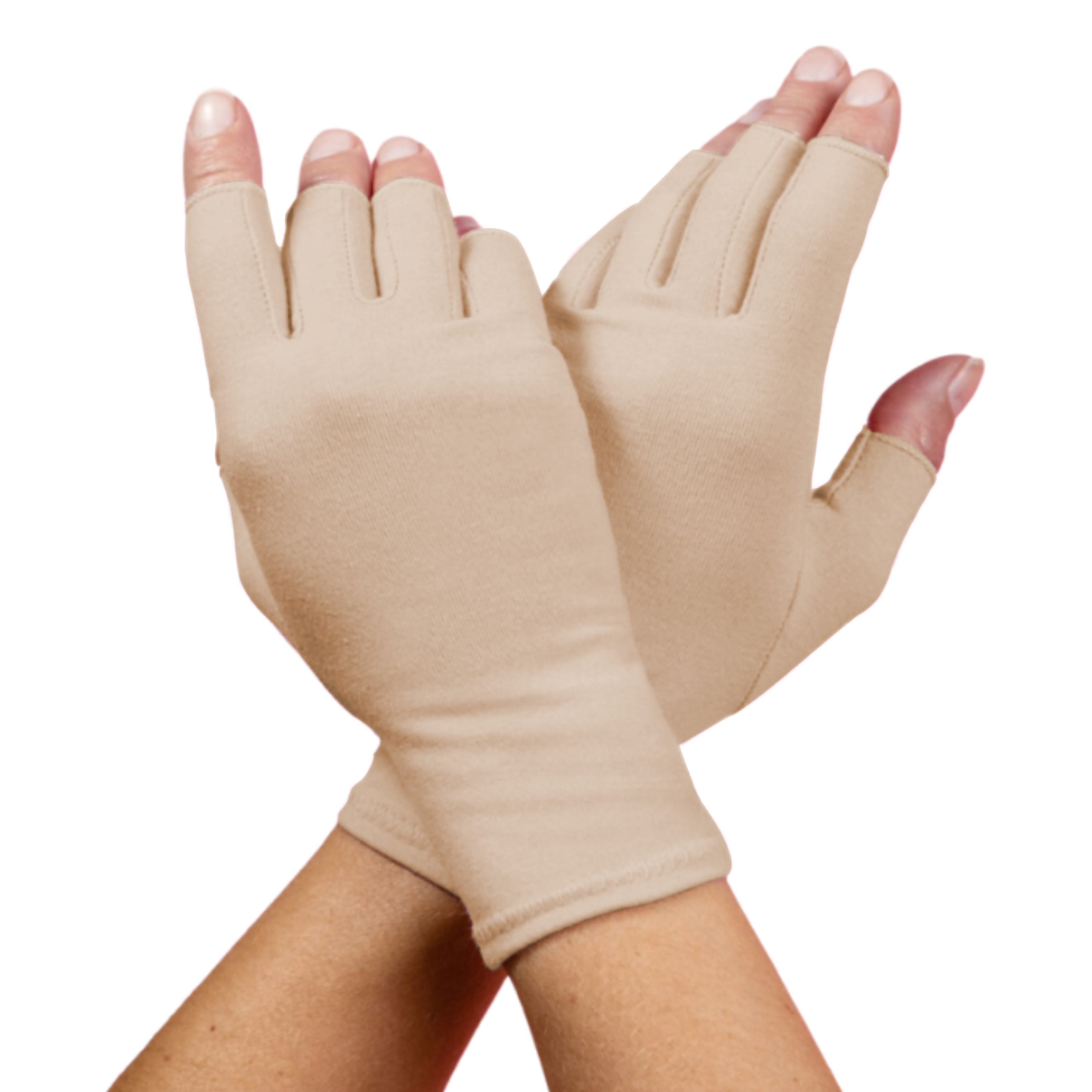

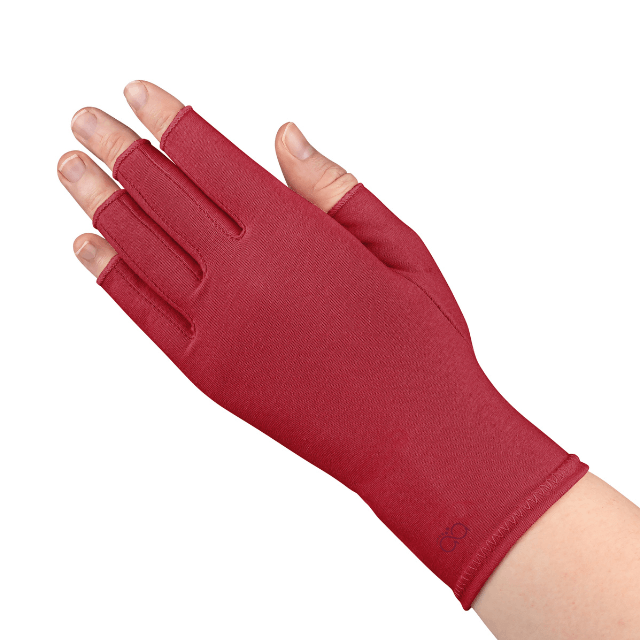
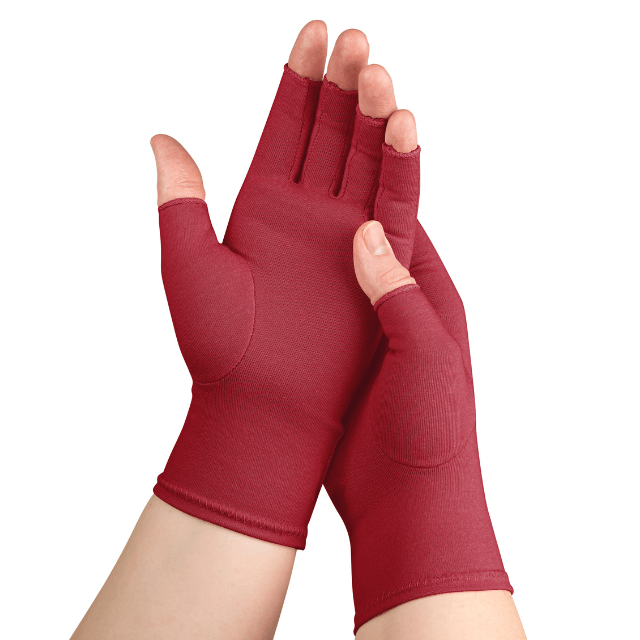
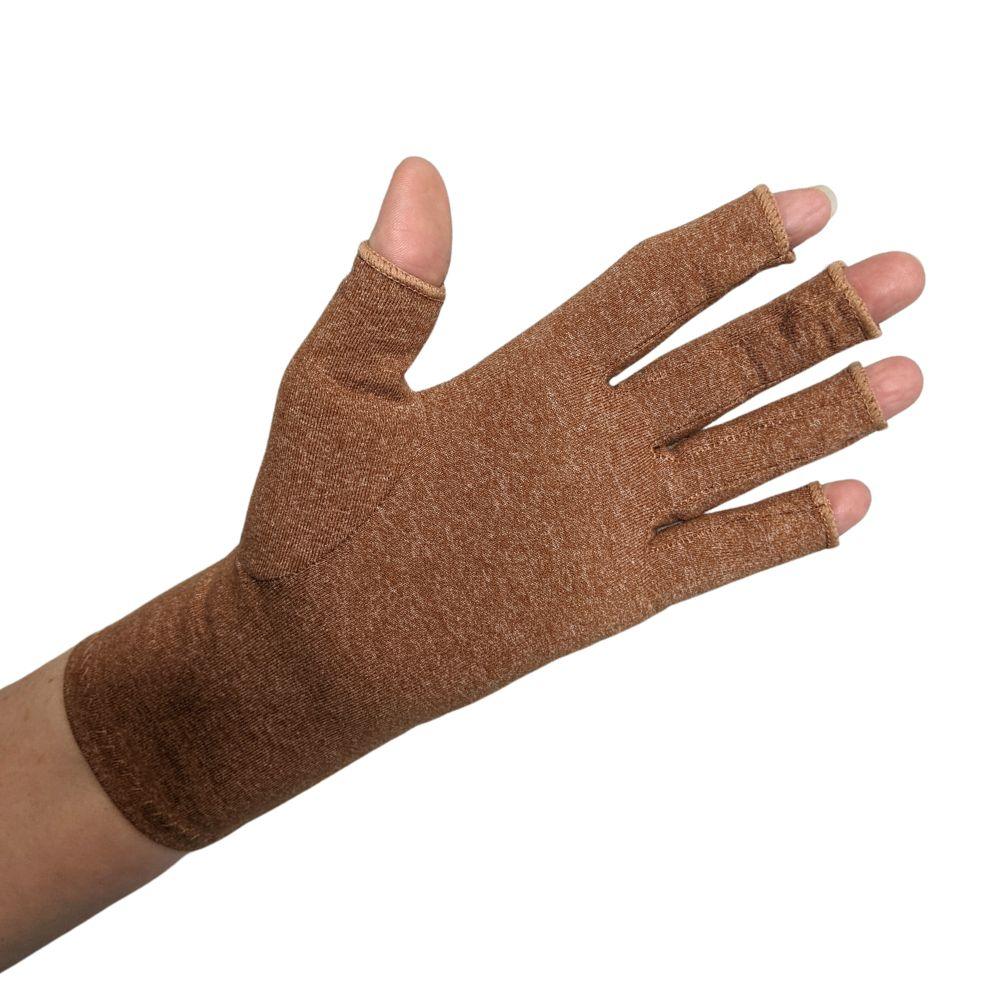
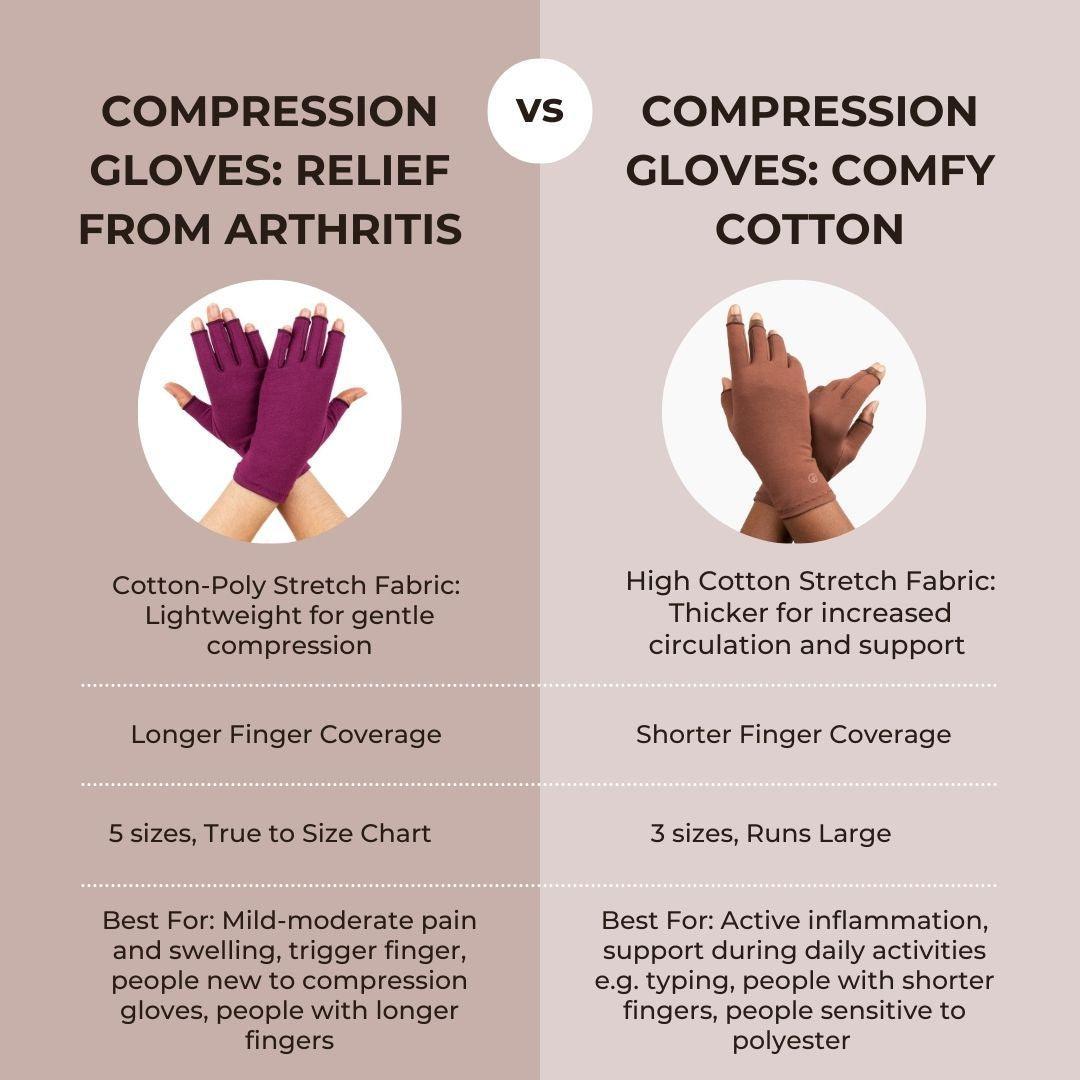


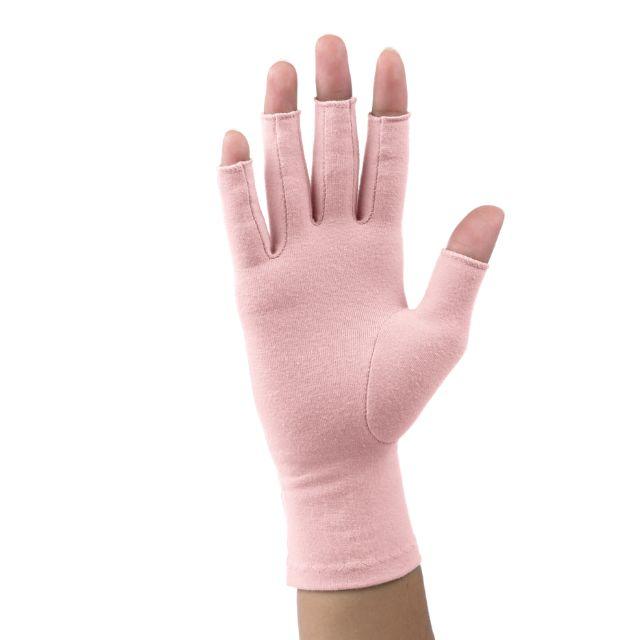


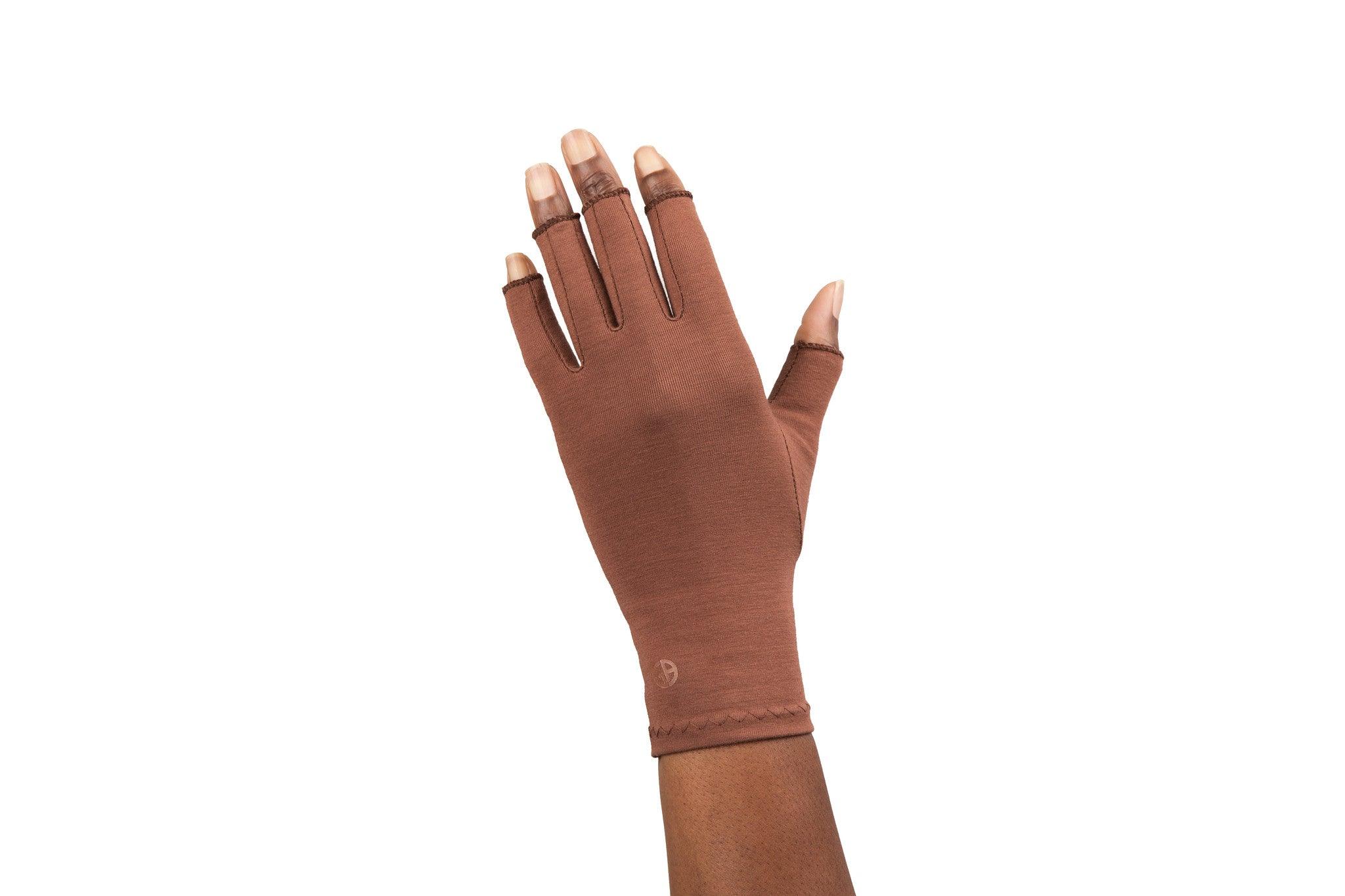


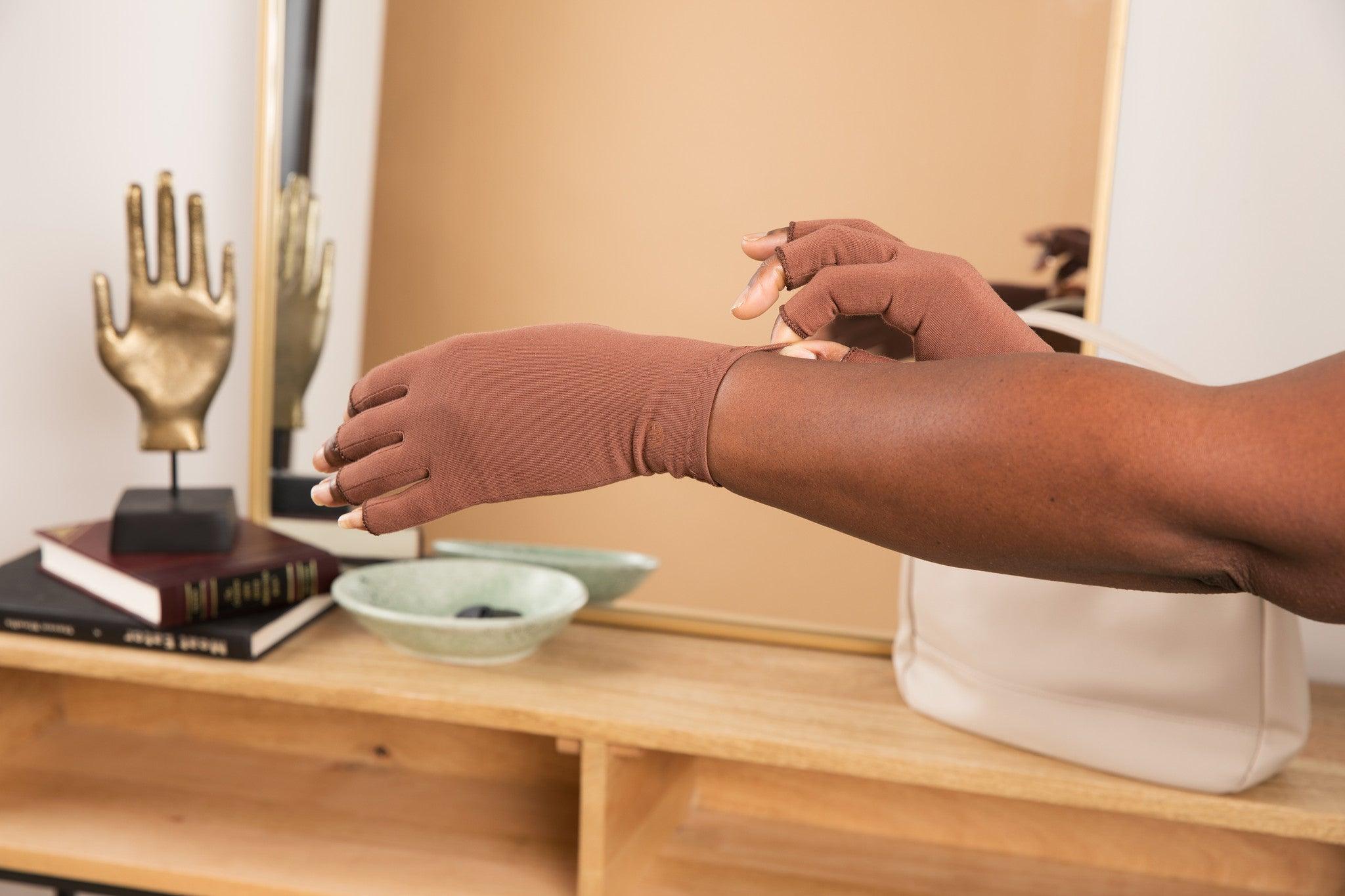

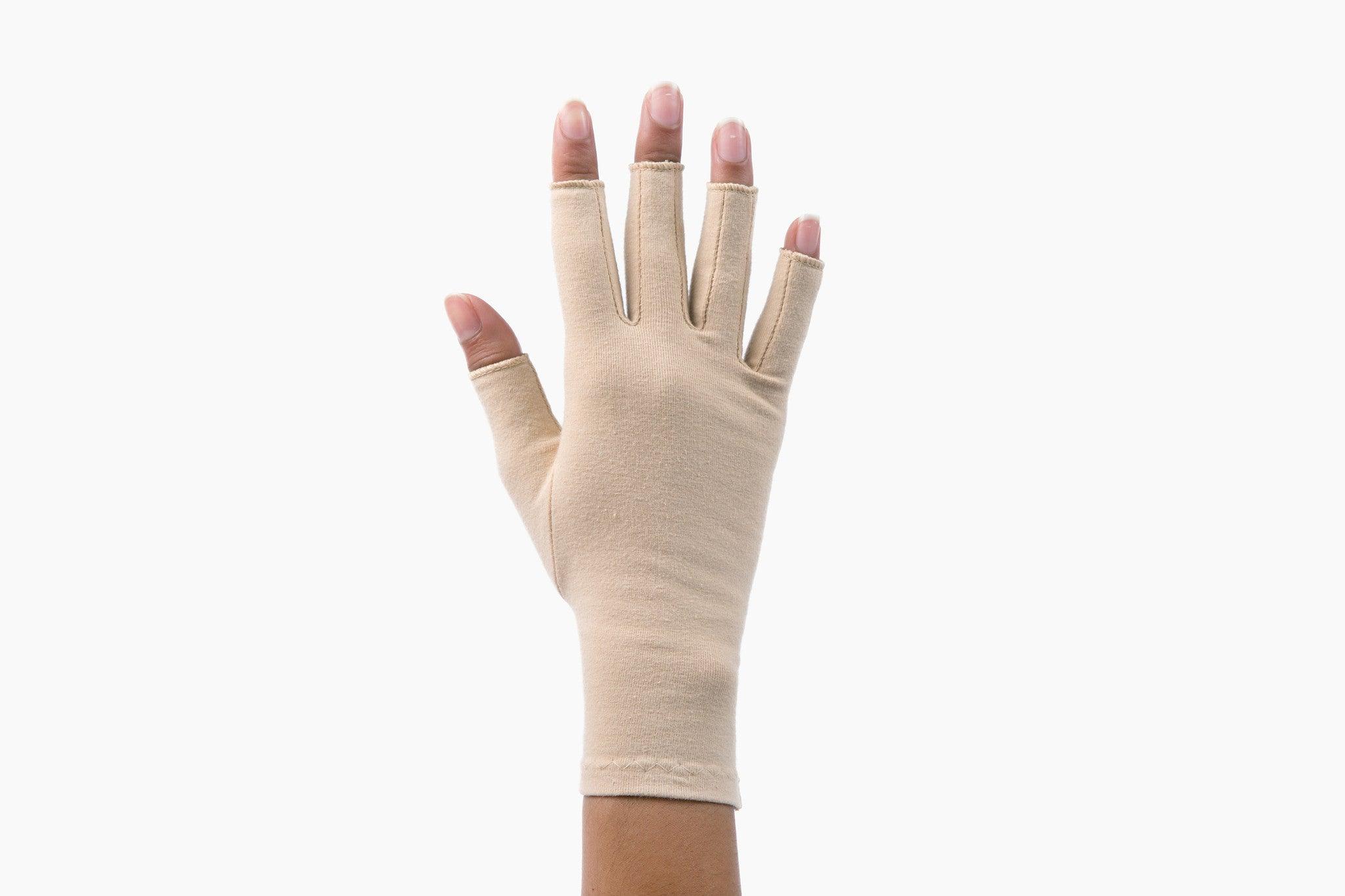



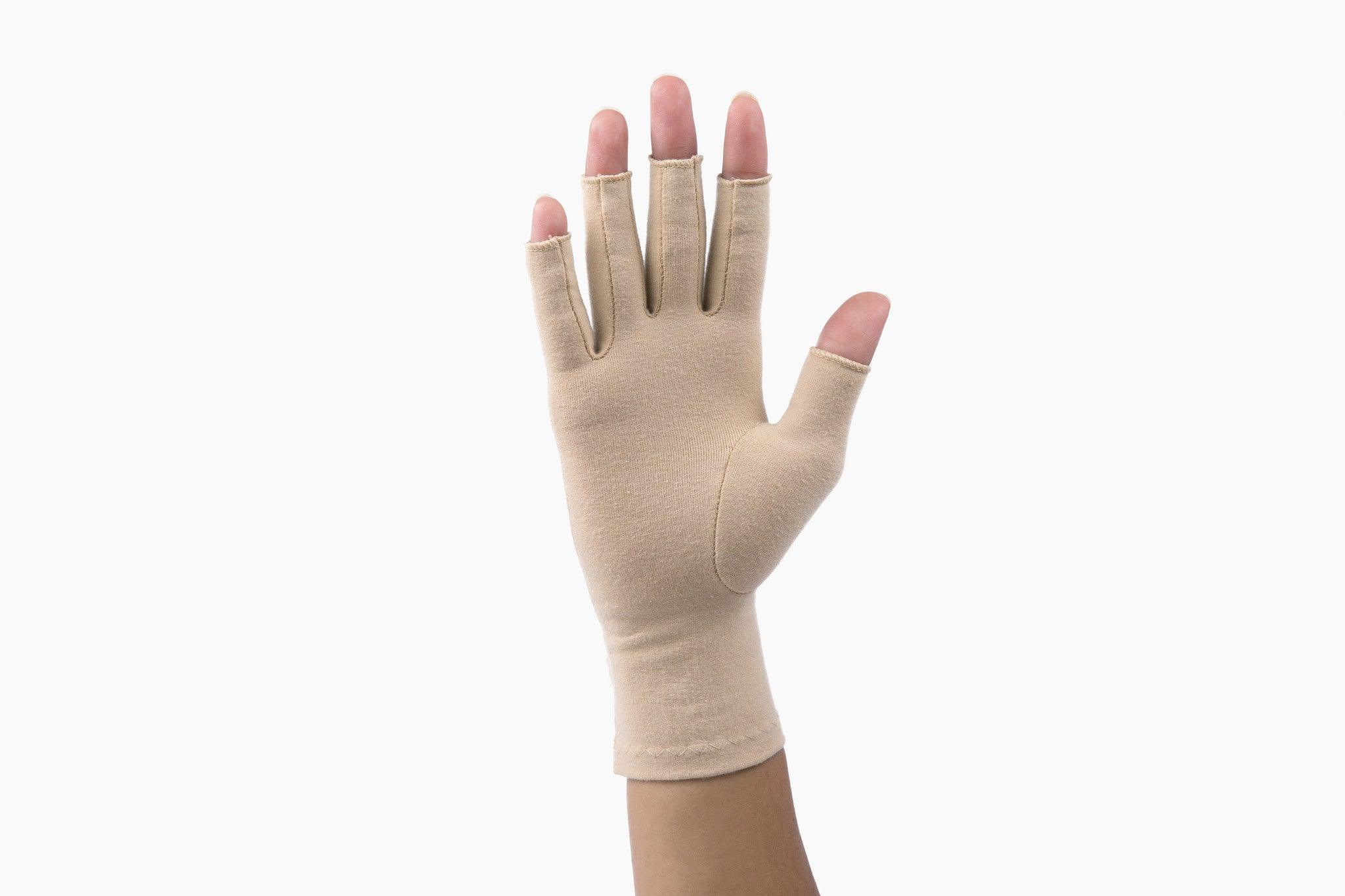
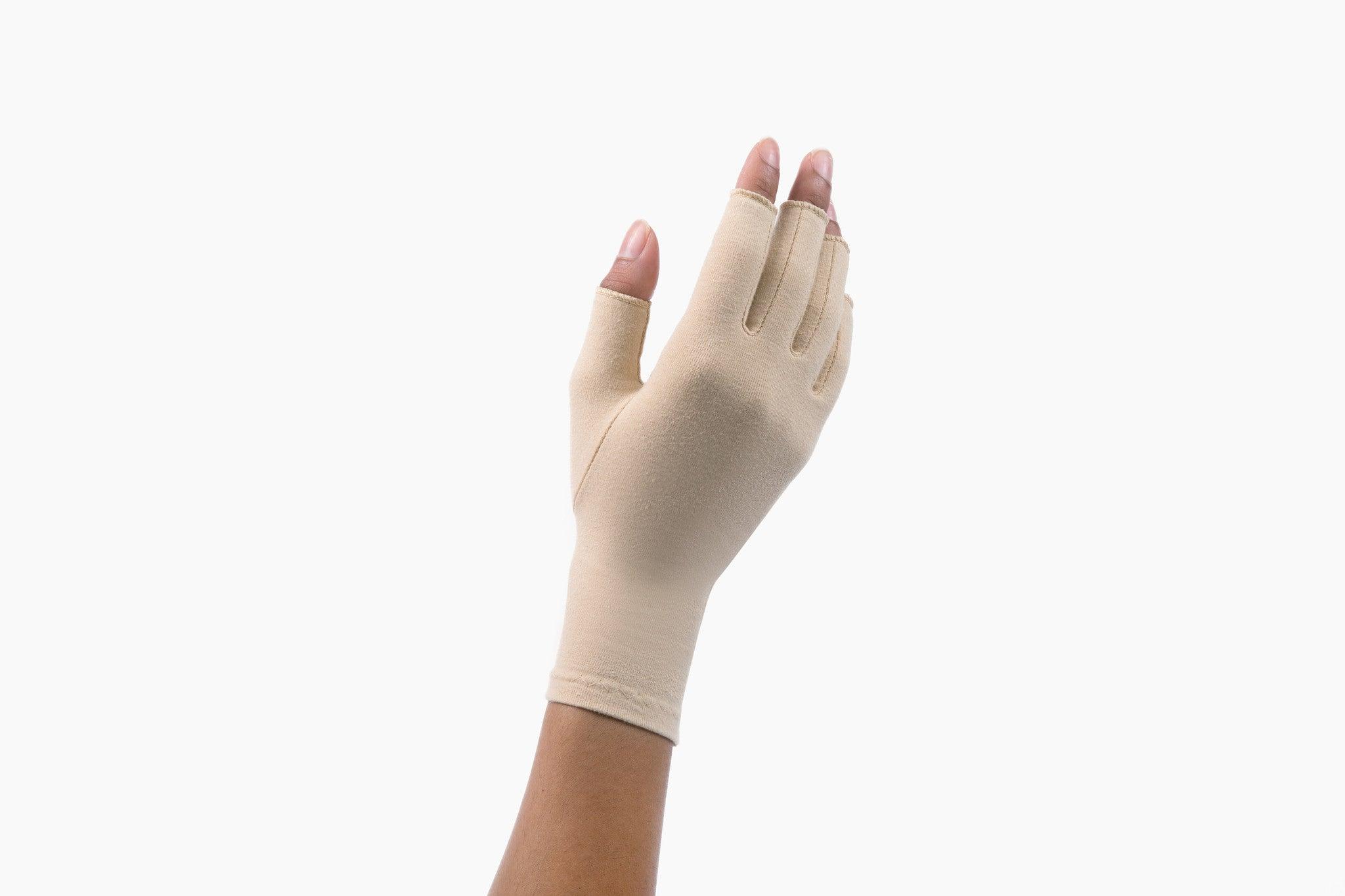







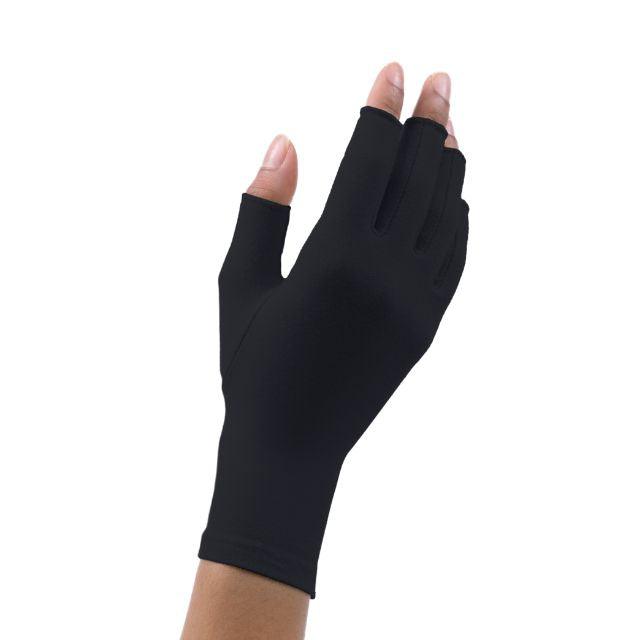

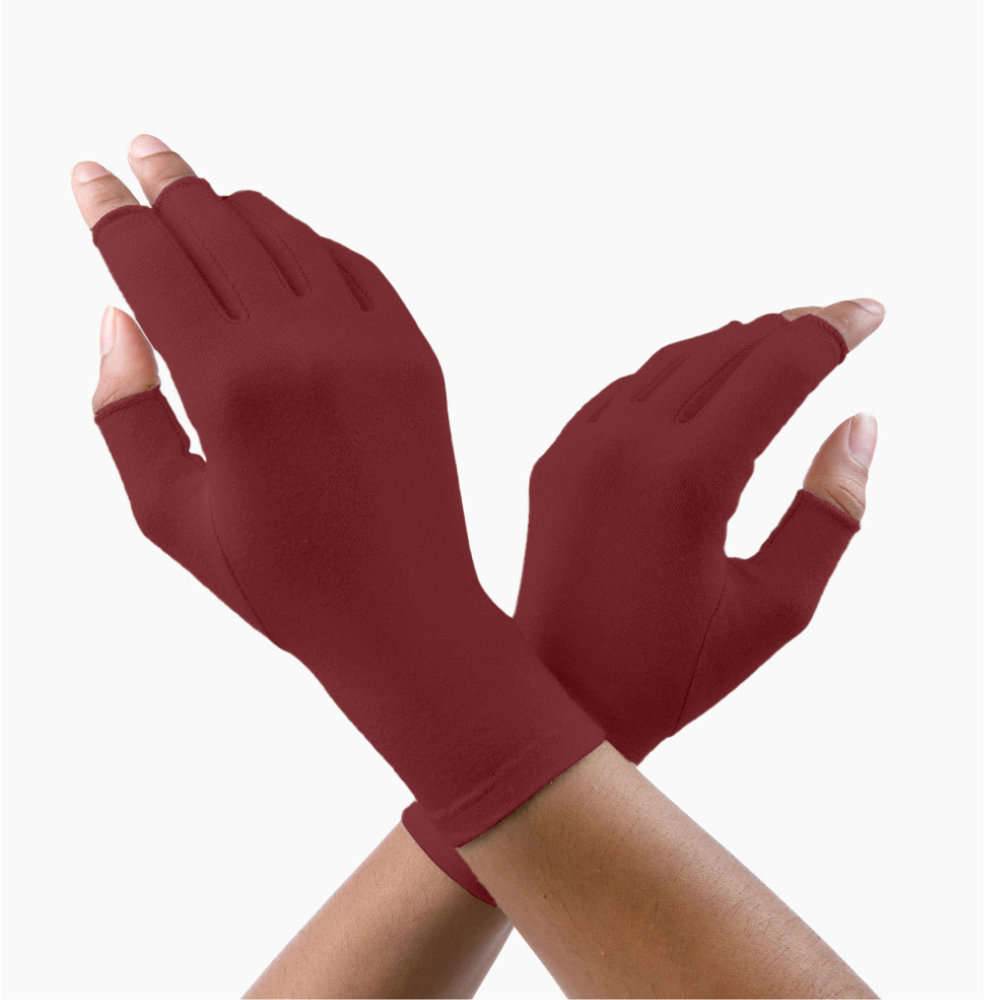


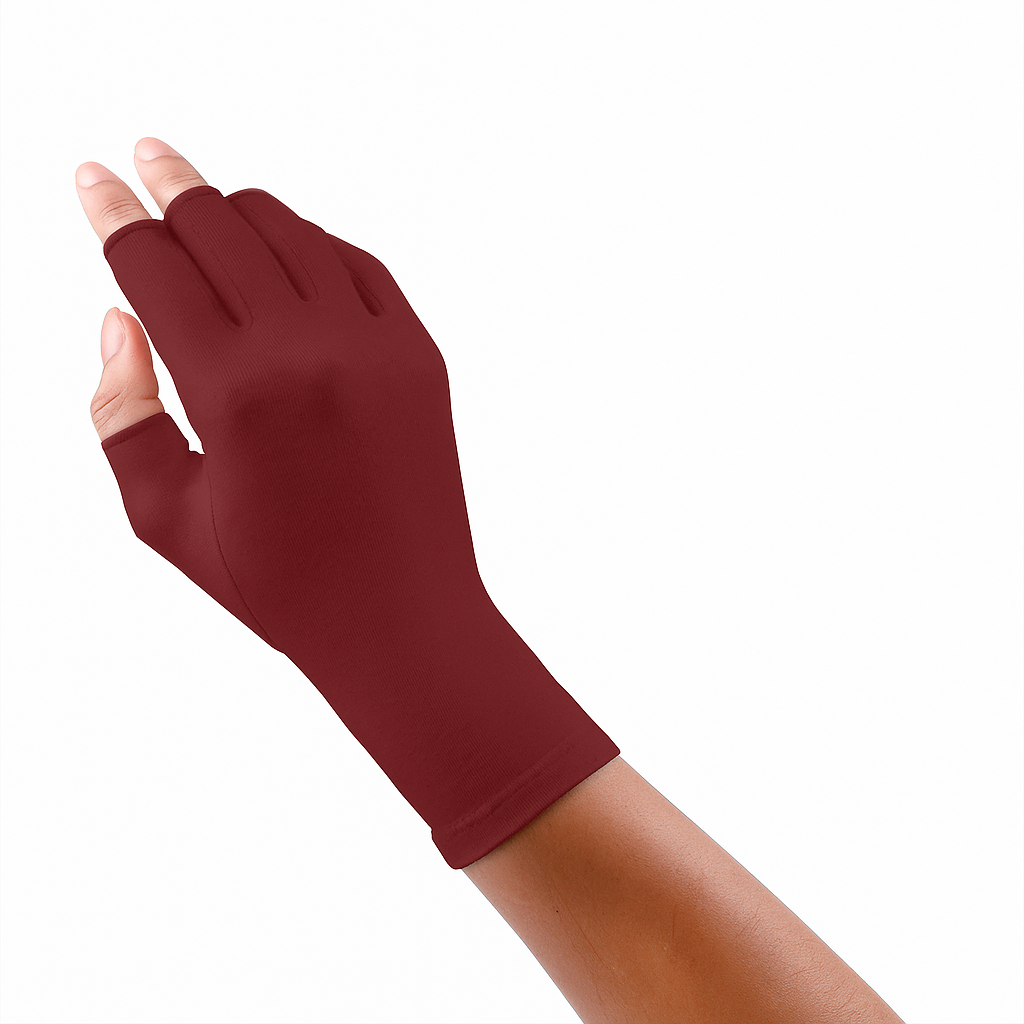



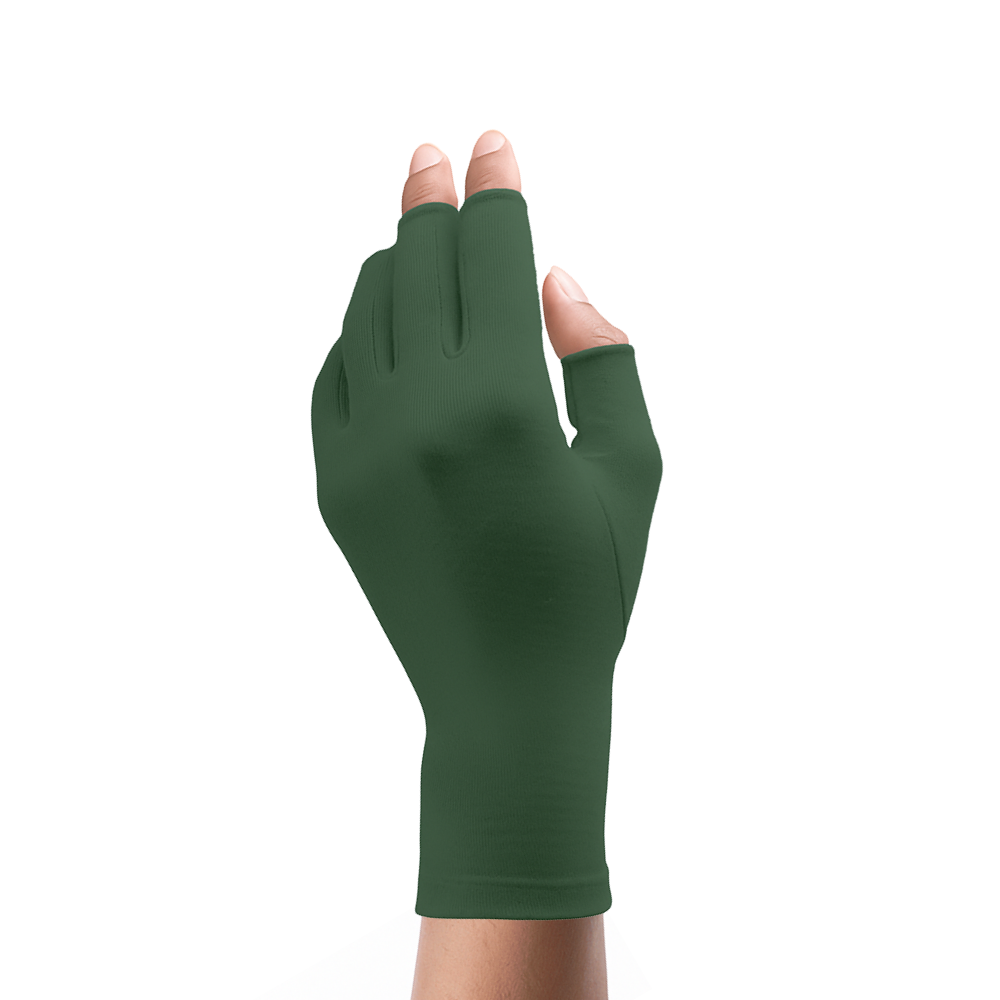



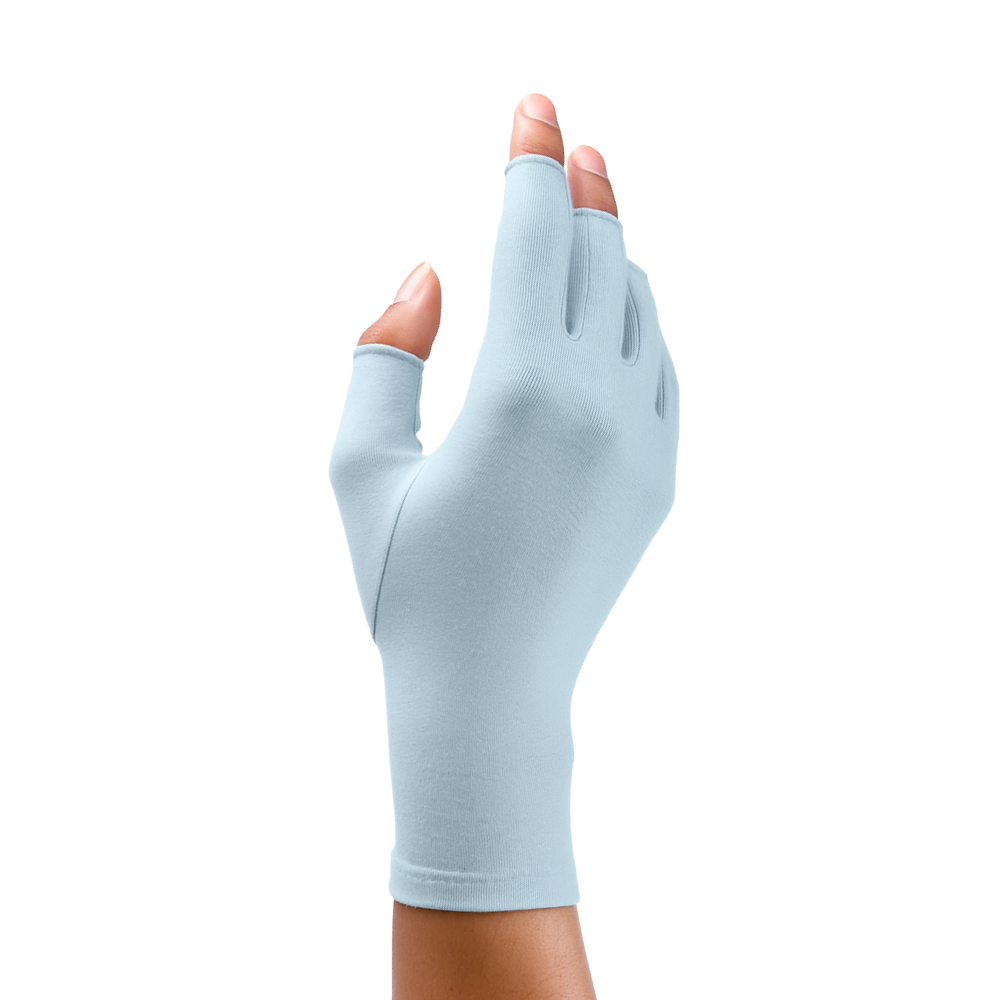







Share and get 15% off!
Simply share this product on one of the following social networks and you will unlock 15% off!